All Stories
-
 Environment
EnvironmentMore toxic chemicals found in oil and gas wastewater
High levels of ammonium and iodide found in wastewater from oil and gas exploration can harm aquatic life and form dangerous byproducts in tap water.
By Beth Mole -
 Science & Society
Science & SocietyScience’s self-criticism makes the enterprise stronger
Editor in Chief, Eva Emerson, considers the the tensions between statistical correctness and headline grabbing research discussed in this issue's part one of a two part feature examining the state of science in the age of publish-or-perish.
By Eva Emerson -
 Neuroscience
NeuroscienceFeedback
Readers discuss volcanoes and brain studies involving chocolate, and recommend some science-based options for game night.
-
 Plants
PlantsTricky pitcher plants lure ants into a false sense of security
Carnivorous pitcher plants exploit social lives of ants as scouts escape and inadvertently lead nest mates to death trap.
By Susan Milius -
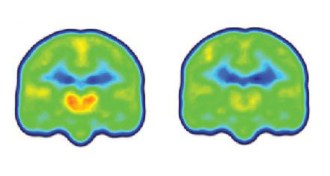 Neuroscience
NeuroscienceProtectors of our nervous system play a role in pain
PET and MRI brain scans show that the cells that protect our central nervous system also play a role in chronic pain.
-
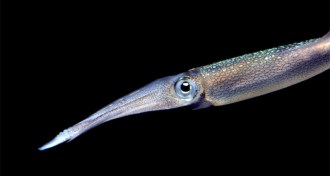 Animals
AnimalsSquids edit genetic directions extensively
In squids, RNA editing means that DNA often does not get the final say in which proteins are created.
-
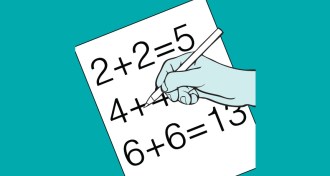 Science & Society
Science & Society12 reasons research goes wrong
Barriers to research replication are based largely in a scientific culture that pits researchers against each other in competition for scarce resources. Here are a few that skew results.
-
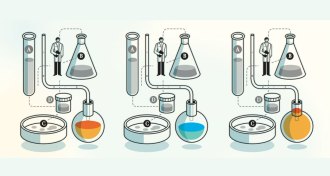 Science & Society
Science & SocietyIs redoing scientific research the best way to find truth?
Researchers don’t even agree on whether it is necessary to duplicate studies exactly or to validate the underlying principles.
-
 Animals
AnimalsPaternity test reveals father’s role in mystery shark birth
A shark pup was born in a tank with three female sharks but no males. A genetic study finds that the shark must have stored sperm for nearly four years.
-
 Health & Medicine
Health & MedicineAsthma may add to sleep apnea risk
A long-term sleep study strengthens the link between the two breathing disorders asthma and sleep apnea.
By Nathan Seppa -
 Health & Medicine
Health & MedicineMore oxygen may lead to more tumors
Lung cancer risk drops at higher elevations where the air is thinner.
-
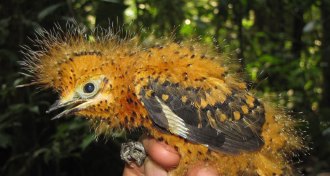 Animals
AnimalsAmazonian bird may act the part of its hairy caterpillar disguise
A rare view of a baby cinereous mourner feeds debate over whether the bird both looks and acts the part of a toxic hairy caterpillar as defense against predators.
By Susan Milius